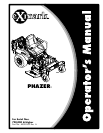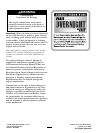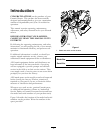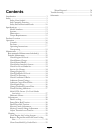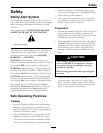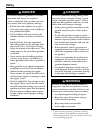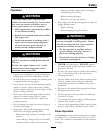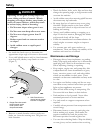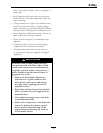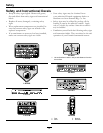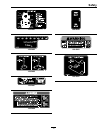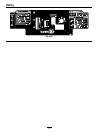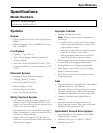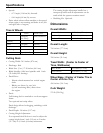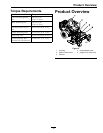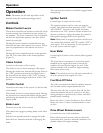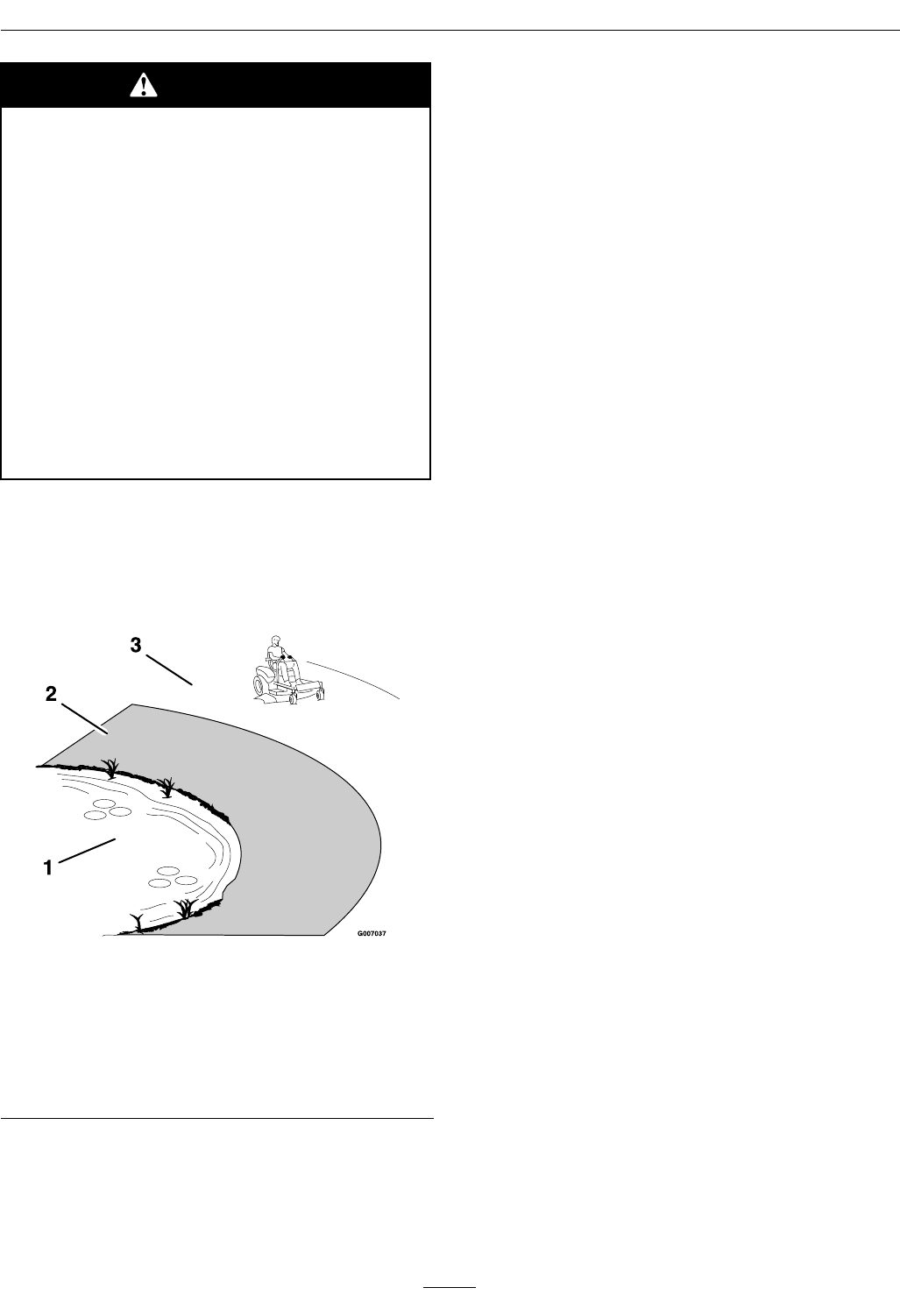
Safety
DANGER
Operating on wet grass or steep slopes can
cause sliding and loss of control. Wheels
dropping over edges, ditches, steep banks, or
water can cause rollovers, which may result
in serious injury, death or drowning.
• Do Not mow slopes when grass is wet.
• Do Not mow near drop-offs or near water.
• Do Not mow slopes greater than 15
degrees.
• Reduce speed and use extreme caution
on slopes.
• Avoid sudden turns or rapid speed
changes.
• See inside the back cover to determine the
approximate slope angle of the area to be mowed.
• Use a walk behind mower and/or a hand trimmer
near drop-offs, ditches, steep banks or water.
(Figure 3).
Figure 3
1. Water
3. Safe Zone-Use the
mower here on slopes
less than 15 degrees
2. Danger Zone-Use a walk
behind mower and/or
hand trimmer near
drop-offs and water.
• Remove or mark obstacles such as rocks, tree
limbs, etc. from the mowing area. Tall grass can
hide obstacles.
• Watch for ditches, holes, rocks, dips and rises that
change the operating angle, as rough terrain could
overturn the machine.
• Avoid sudden starts when mowing uphill because
the mower may tip backwards.
• Be aware that loss of traction may occur going
downhill. Weight transfer to the front wheels
may cause drive wheels to slip and cause loss of
braking and steering.
• Always avoid sudden starting or stopping on a
slope. If tires lose traction, disengage the blades
and proceed slowly off the slope.
• Follow the manufacturer’s recommendations for
wheel weights or counter weights to improve
stability.
• Use extreme care with grass catchers or
attachments. These can change the stability of the
machine and cause loss of control.
Maintenance and Storage
• Disengage drives, lower implement, set parking
brake, stop engine and remove key or disconnect
spark plug wire. Wait for all movement to stop
before adjusting, cleaning or repairing.
• Keep engine, engine area, and pump drive belt
compartment free from accumulation of grass,
leaves, excessive grease or oil, and other debris
which can accumulate in these areas. These
materials can become combustible and may result
in a re.
• Let engine cool before storing and do not store
near ame or any enclosed area where open pilot
lights or heat appliances are present.
• Shut off fuel while storing or transporting. Do
Not store fuel near ames or drain indoors.
• Park machine on level ground. Never allow
untrained personnel to service machine.
• Use jack stands to support components when
required.
• Carefully release pressure from components with
stored energy.
• Disconnect battery or remove spark plug wire
before making any repairs. Disconnect the
negative terminal rst and the positive last.
Reconnect positive rst and negative last.
• Use care when checking blades. Wrap the blade(s)
or wear gloves, and use caution when servicing
8



